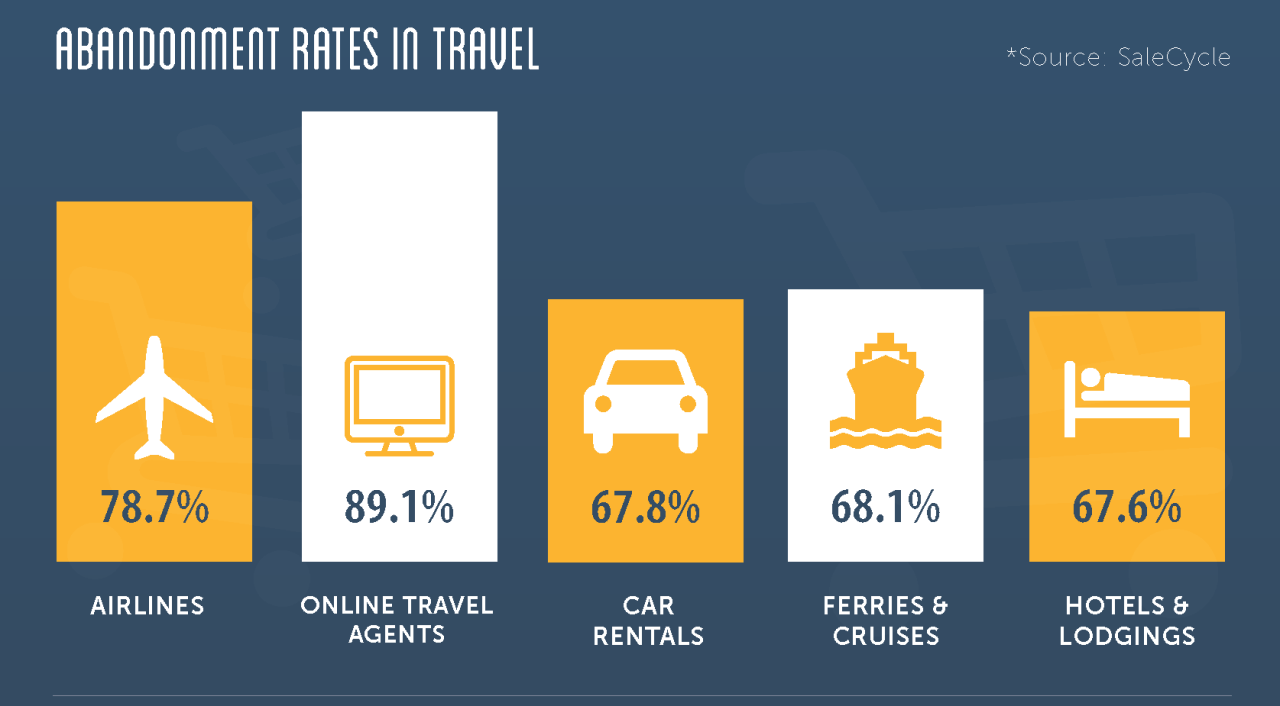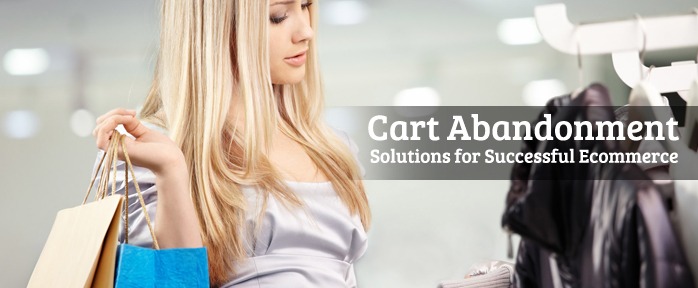Most hotels & resorts have for a number of years been investing into generating traffic to their website through PPC and SEO strategies, so it’s perhaps unsurprising that when you ask hotels about their website’s performance, bounce rate is usually singled out as the tell-all figure. While this is relevant, typically 67-80% of hotel site visitors still abandon at the booking stage – after selecting date, room type etc.
Given how high this figure is, it is surprising the number of hotels who are not reacting to what’s happening further down the purchase funnel – measuring booking abandonment levels and developing a strategy to re-engage with visitors who drop off.
Browser’s Market.
The hotel industry is a browser’s market. Increasingly visitors will research your facilities and engage with your website, only to drop out at the booking stage and to do the same with other hotels as they try to find the best deal. That’s the bad news. The good news is that almost everyone who has made the effort to interact with your website is keen and ready to make a purchase.
To ignore this group is to ignore the lowest hanging fruit, and a golden opportunity to secure quick bookings. So how can you start to improve your online conversions?

Booking Engine
It is critically important that your booking engine is visually great and easy to use for your guests. Sounds obvious I know, but there are many engines out in the market that have been designed for revenue managers, not customers! Also, you need to make sure that your booking engine backend can provide you with good analytical data, how many visitors and from which countries are coming to your booking engine, what dates are they searching for, how many days in advance are they looking to book and from which websites are they visiting you from. With this you will be able to determine the right promotions at the right time to optimize your online conversions.
Customer Service
As we all know, a hotel lives and dies on its reputation, so there can be a certain hesitancy about taking a more proactive approach to engaging with potential guests. However, your re-engagement strategy can be what you make it. An email campaign shouldn’t bombard or annoy customers; it should be treated as an extension of your customer service.
It is perfectly legitimate when visitors have left to send an e-mail (even without completing a booking) with a personalised follow up message. This demonstrates an appreciation of their interest, shows visitors that you value their custom and that yours is a hotel worth booking.
Some hotels offer promo codes or incentives to stimulate impulse buying, however this is not always necessary, as the email itself demonstrates that you value their business. It can also serve as a helpful reminder and quick route back to a room they had seen earlier and liked.

It is a challenge to continually attract new guests, yet hotels can see immediate returns by engaging with site visitors known to have genuinely considered making a booking. Most visitors to your site expect this level of engagement and communication, which will in turn lead to increased bookings.
If you require a booking engine proven to get results, get in touch with us. Our current booking engine is producing for our clients up to 200% growth on online direct business simply by applying common sense practices and proven technology. Email us for further info info@hotelient.net


